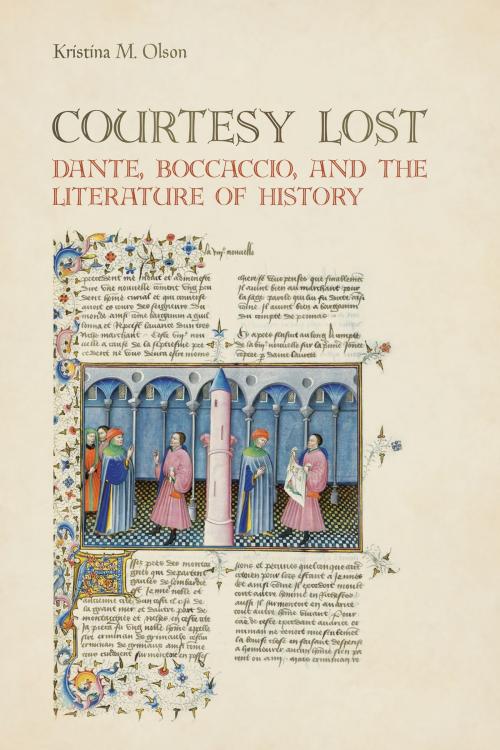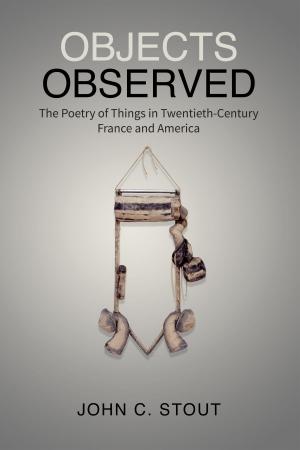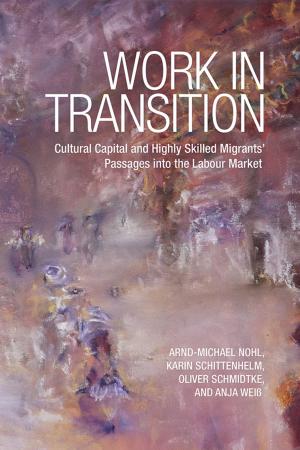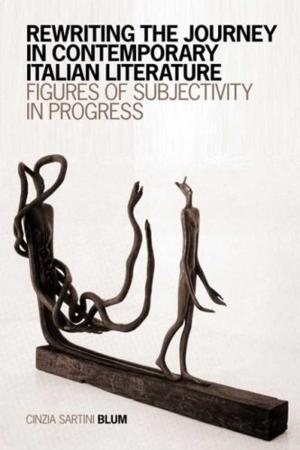Courtesy Lost
Dante, Boccaccio, and the Literature of History
Fiction & Literature, Literary Theory & Criticism, European, Italian, Nonfiction, History, Renaissance, Medieval| Author: | Kristina Marie Olson | ISBN: | 9781442667198 |
| Publisher: | University of Toronto Press, Scholarly Publishing Division | Publication: | November 5, 2014 |
| Imprint: | Language: | English |
| Author: | Kristina Marie Olson |
| ISBN: | 9781442667198 |
| Publisher: | University of Toronto Press, Scholarly Publishing Division |
| Publication: | November 5, 2014 |
| Imprint: | |
| Language: | English |
In Courtesy Lost, Kristina M. Olson analyses the literary impact of the social, political, and economic transformations of the fourteenth century through an exploration of Dante’s literary and political influence on Boccaccio. The book reveals how Boccaccio rewrote the past through the lens of the Commedia, torn between nostalgia for elite families in decline and the need to promote morality and magnanimity within the Florentine Republic.
By examining the passages in Boccaccio’s Decameron, De casibus, and Esposizioni in which the author rewrites moments in Florentine and Italian history that had also appeared in Dante’s Commedia, Olson illuminates the ways in which Boccaccio expressed his deep ambivalence towards the political and social changes of his era. She illustrates this through an analysis of Dante’s and Boccaccio’s treatments of the idea of courtesy, or cortesia, in an era when the chivalry of the declining aristocracy was being supplanted by the civility of the rising merchant classes.
In Courtesy Lost, Kristina M. Olson analyses the literary impact of the social, political, and economic transformations of the fourteenth century through an exploration of Dante’s literary and political influence on Boccaccio. The book reveals how Boccaccio rewrote the past through the lens of the Commedia, torn between nostalgia for elite families in decline and the need to promote morality and magnanimity within the Florentine Republic.
By examining the passages in Boccaccio’s Decameron, De casibus, and Esposizioni in which the author rewrites moments in Florentine and Italian history that had also appeared in Dante’s Commedia, Olson illuminates the ways in which Boccaccio expressed his deep ambivalence towards the political and social changes of his era. She illustrates this through an analysis of Dante’s and Boccaccio’s treatments of the idea of courtesy, or cortesia, in an era when the chivalry of the declining aristocracy was being supplanted by the civility of the rising merchant classes.















